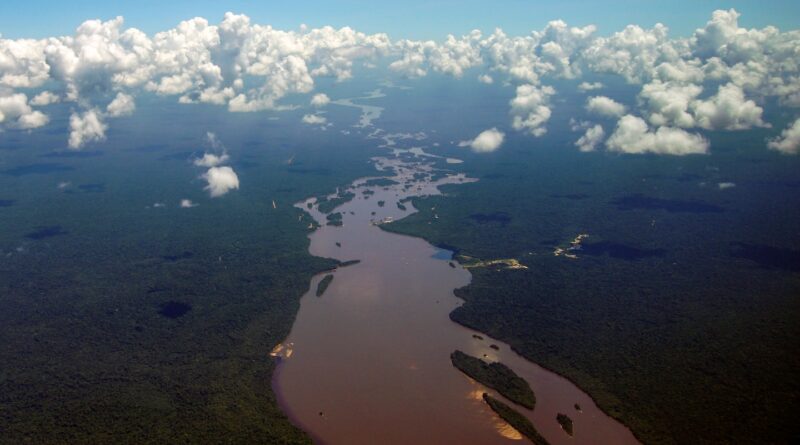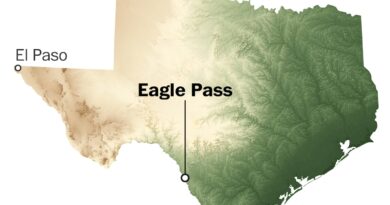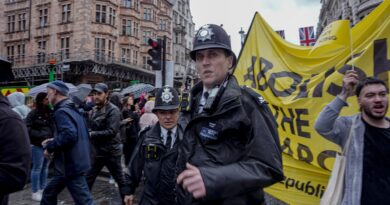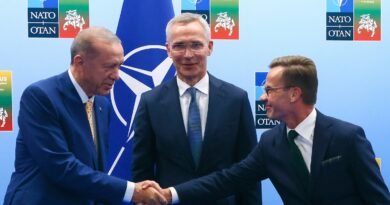Venezuela renews push to annex large chunk of neighboring Guyana
“The world has to know — the Republic of Guyana has to know … the Esequibo is ours,” Maduro said, holding the map in one hand as he addressed a gathering of government officials and supporters of his regime Tuesday.
Venezuela has long claimed the 61,000-square-mile region. Guyana has repeatedly rejected those claims, saying an 1899 international arbitration had resolved the dispute. Venezuela has in turn questioned the validity of that ruling. Just last week, the International Court of Justice urged both sides to refrain from “any action which might aggravate or extend the dispute.”
For now, Maduro’s rhetoric remains largely symbolic and political bluster. But his remarks have unsettled Guyana’s leader and attracted stern statements from the United States and Brazil urging Venezuela to refrain from using military force to enforce its territorial claim.
Guyanese President Irfaan Ali said in a CNN interview this week that Maduro’s declaration was a “desperate attempt by Venezuela to seize” his country’s territories. “We are taking every precautionary measure,” he said, including appeals to the United States, Brazil and the United Nations for diplomatic and defense support to deter a Venezuelan invasion.
“Secretary of State Antony J. Blinken spoke with Guyanese President Dr. Mohamed Irfaan Ali to reaffirm the United States’ unwavering support for Guyana’s sovereignty,” the U.S. State Department said in a news release issued late Wednesday. Department spokesman Matthew Miller also told reporters that Washington supports a peaceful resolution.
In Brazil, officials reinforced the northern border in the country’s Roraima state with armored vehicles and more troops, Reuters reported. The main road connection between Venezuela and Guyana goes through Brazil, because of Esequibo’s inaccessible terrain. Senior Brazilian diplomats have conveyed serious concerns to Venezuela, according to Reuters.
Maduro has pointed to a Sunday referendum in which he says more than 95 percent of Venezuelan voters expressed support for annexing Esequibo, to justify his push to take Guyana’s oil-rich territory, near where massive reserves of oil in the ocean floor were found in 2015. That discovery helped Guyana achieve GDP growth of 62 percent last year, the International Monetary Fund said.
The Maduro government’s assertion that more than 10 million Venezuelans cast their votes in the referendum “makes no sense,” said Enderson Sequera, the strategic director for Politiks, a Venezuela-based political analysis firm. Such a figure would represent an unusually high voter turnout in Venezuela. But deserted polling stations on Sunday suggest otherwise, he said.
Oil is not the only motivating factor for Maduro, Sequera said. Maduro’s fixation on Esequibo represents a sense of political insecurity in the wake of María Corina Machado’s resounding victory in the opposition’s presidential primaries in October, according to Sequera.
Machado, a longtime government critic, could challenge Maduro in an election next year.
Now, Sequera added, “the government’s only options are to try to rile up nationalist sentiments with Guyana and gradually escalate the situation and to increase political repression and persecution.”
María Luisa Paúl contributed to this report.




